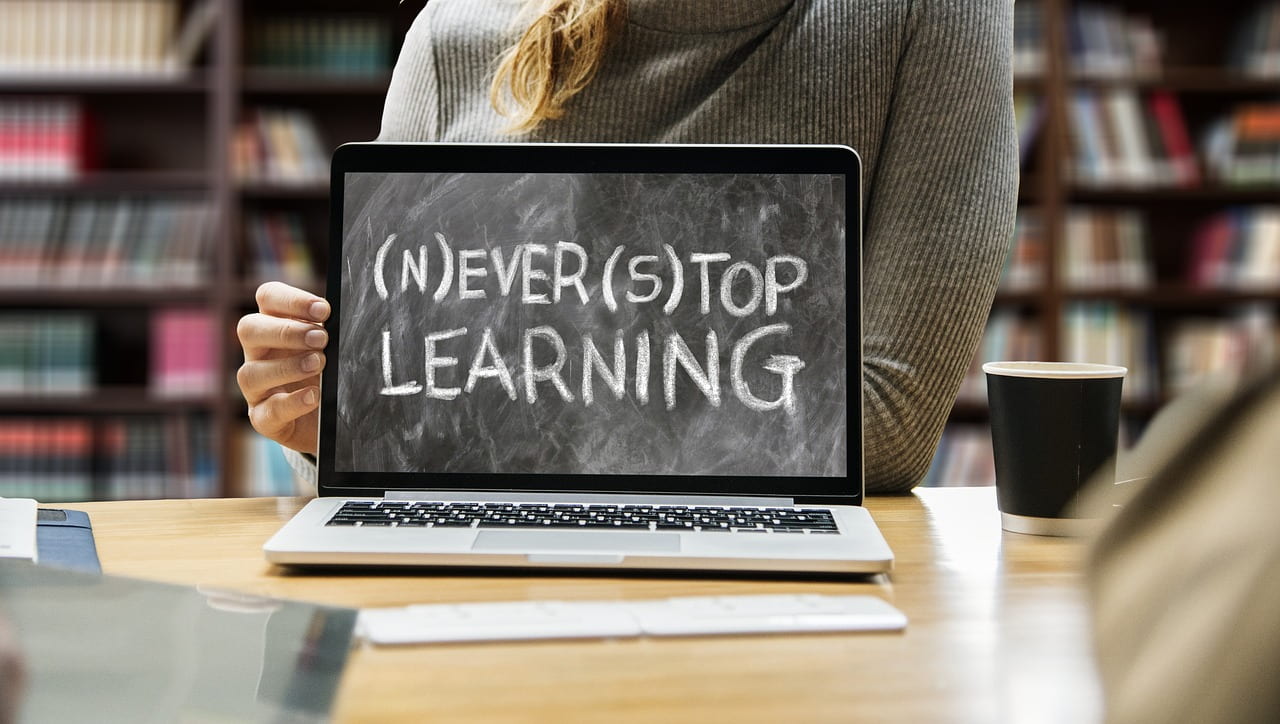(I’m republishing posts on my My All-Time Favorite Posts list. This one appeared in 2011. You can see them all here)

geralt / Pixabay
This month’s issues of ASCD Educational Leadership has just been published, and in it Robert Marzano reports on a study that may be the most important one that’s come out this year.
Here is a very simple summary of his study, which was a “meta-analysis” of hundreds of others: It found that “direct instruction” was a more effective instructional method than “unassisted discovery learning.” And it found that “enhanced discovery learning” trumped them both.
I personally think this idea of “unassisted discovery learning” is a bit of a “straw man.” It basically means that students have to learn on their own with very little assistance from a teacher. As example might be how I started a science lesson once on the scientific method — I gave students two cups — one half filled with water, and scissors and asked them to figure out how they would tell time with it. I call the issue a “straw man,” though, because I, and many other teachers, might start off a lesson like this (plenty of research has shown that the use of “novelty” like this is effective), I’m not convinced many would make the whole lesson “unassisted.”
What’s important, though, about the study, I think, is that it highlights that “enhanced discovery learning” was particularly effective.
Here’s how the study itself (you have to pay $12 to gain access to it) defined “enhanced discovery learning”:
…generation, elicited explanations, and guided discovery conditions. Generation conditions required learners to generate rules, strategies, images, or answers to experimenters’ questions. Elicited explanation conditions required that learners explain some aspect of the target task or target material, either to themselves or to the experimenters. The guided discovery conditions involved either some form of instructional guidance (i.e.,scaffolding) or regular feedback to assist the learner at each stage of the learning tasks.
That certainly sounds like the exact definition of inductive teaching and learning. a strategy which our school uses a whole lot, and about which I have written a great deal on this blog and in my books.
Plus, it gets the Marzano “imprimatur”!
What do you think — am I exaggerating the potential importance of this study?



Recent Comments